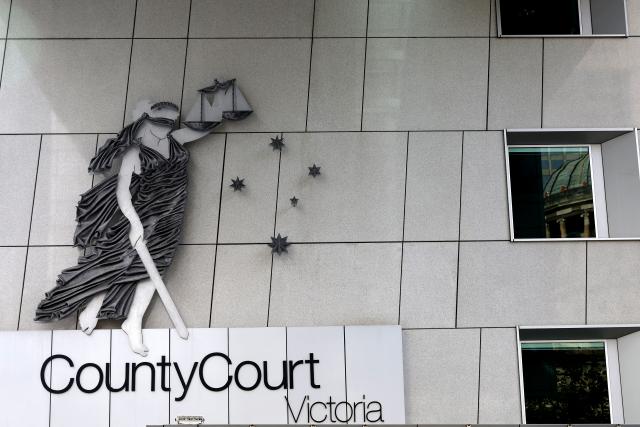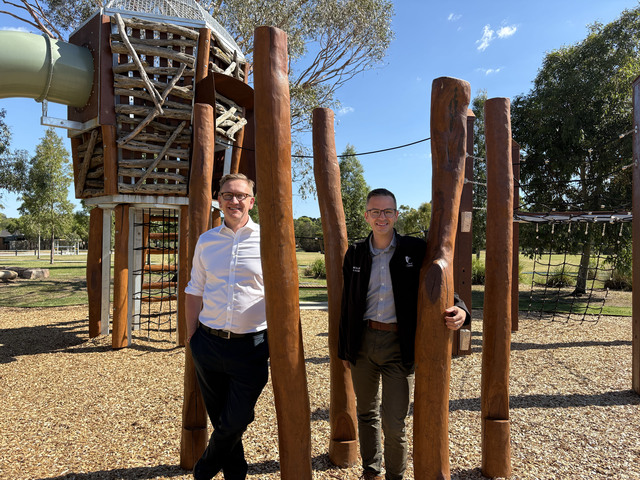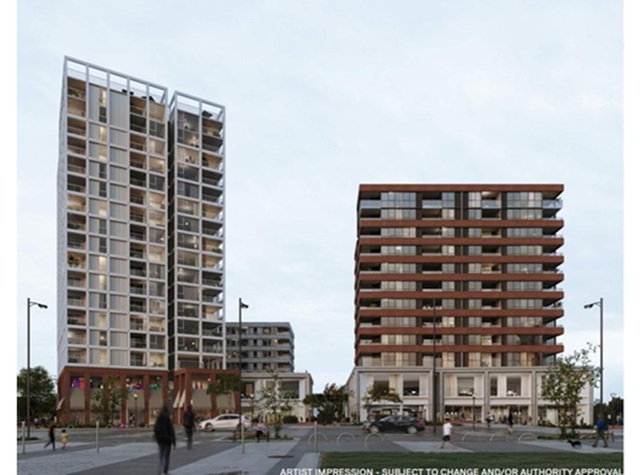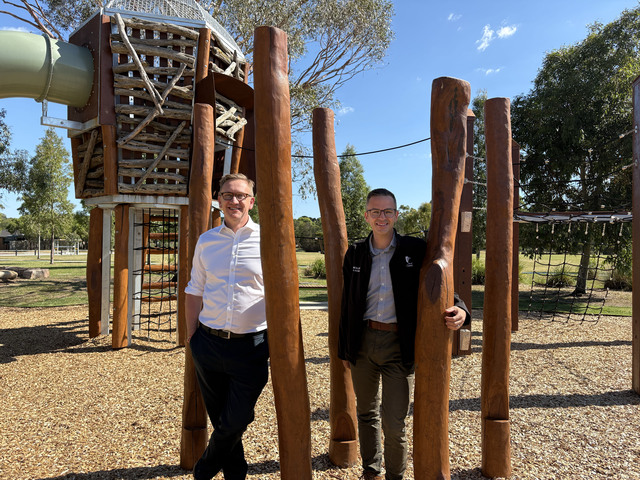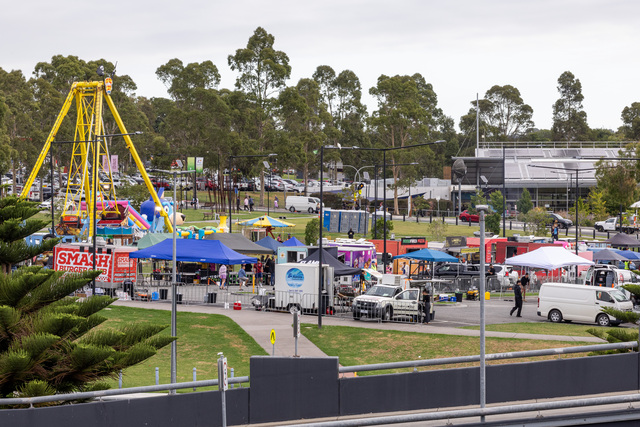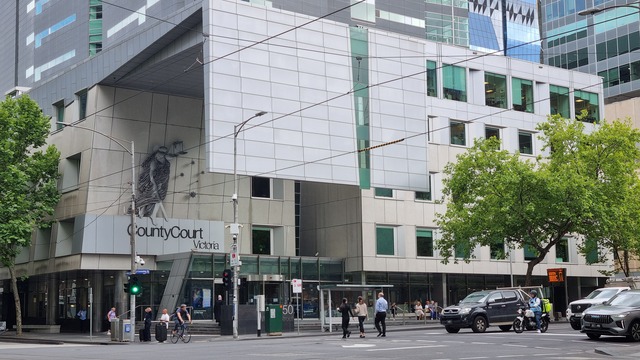A Victorian County Court judge has lashed out at diminishing parole rates while sentencing a serial prisoner who had never been granted parole.
Theodore Alexiou, 54, had pleaded guilty to aggravated burglary, burglary and criminal damage over two break-ins at his relatives’ Endeavour Hills home.
An enraged Alexiou had relapsed into ice use and reoffended just 27 days after being released from jail on a community corrections order. At the time, he was living in a motel.
He had been ruminating over what he said was a significantly faulty car that he bought from one of the relatives.
A defence lawyer submitted that Alexiou initially attended the home to discuss the matter but then his “anger got the better of him”.
On 9 October, Alexiou arrived at the address with no one home.
He kicked in the front door, ripped a phone cord from the wall, threw a shelving unit to the ground and used a metal chair to smash a window.
Two days later, Alexiou returned, again wielding a metal chair to indent a resident’s car and smash the driver’s side window.
He then forced in the locked front door, confronting a resident and a hired renovator in the bathroom.
Alexiou yelled at the resident, demanded the whereabouts of her mother and warned the renovator that “if you know what’s good for you, you better not call the police”.
After pacing around, yelling and screaming, Alexiou walked out the front door.
That night on 11 October, Police Air Wing spotted Alexiou erratically driving a BMX X3 in Dandenong.
Police later deployed OC spray while arresting a resistant Alexiou found hiding in a back yard vegetable garden in Endeavour Hills.
A defence lawyer argued that Alexiou’s uncooperativeness was partly due to suffering broken ribs during the arrest.
Alexiou had a “long and concerning” criminal history dating back to 1989, sentencing judge Liz Gaynor noted on 4 June.
He had priors for burglary and criminal damage, at least nine stints in prison and been put on two drug treatment orders.
His rehabilitation prospects were “guarded at best”, Judge Gaynor said.
And it was “entirely unsatisfactory” that Alexiou had never been granted parole despite his list of “personal difficulties”.
Alexiou’s lifelong psychological conditions including PTSD and BPD stemmed from his traumatic childhood, which in turn led to drug addictions and offending, Judge Gaynor noted.
A parole order was not just a form of leniency but also his best chance to break the cycle and essential for the protection of the community, Judge Gaynor said.
It required up to a year of planning to provide a support structure for the prisoner including secure housing and therapy.
“That you and the community have been deprived of that opportunity is to be deplored.”
The judge also said she was concerned that parole numbers seemed to be declining despite increased incarceration.
Without parole supports, Alexiou’s chances of reoffending remained high, she said.
“It is hoped that parole will be granted (in Alexiou’s case).”
Alexiou was jailed for 26 months, with a 16-month non-parole period.
He had already served 237 days in pre-sentence custody.

